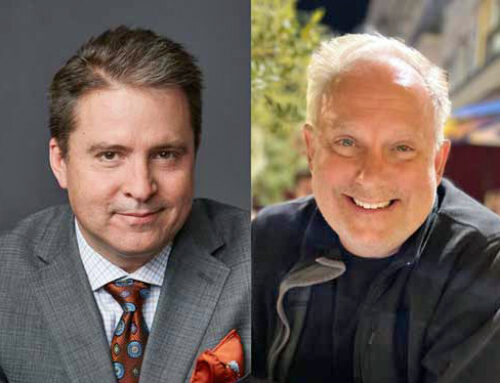
A father and his son fishing together. (Photo courtesy of Getty Images.)
You’ve heard the old saying: “Give a man a fish, and he will eat for a day. Teach a man to fish, and he will eat for a lifetime.”
All around Dallas we have individuals and organizations doing both. Usually it starts with an observed need. Someone sees a kid who comes to school hungry or an elderly person who can’t drive to the doctor. Suddenly, a goodhearted soul comes to the rescue. The child is offered breakfast and the homebound person a ride.
The charitable statistics can be staggering — the number of meals served, the amount of clothing donated, the total dollars in scholarships provided. All good. It comes from generous hearts. It’s a transfer of wealth that aims not so much to equalize outcomes, but to improve opportunity by taking away deficits that defeat the human spirit.
Most people who engage in this kind of charitable work tire of it quickly if it doesn’t produce lasting results. That is why nonprofit organizations are created. They scale up the work. They create systems that share the load, involve more people in the cause and generate philanthropy to keep the work going across time.
The more organizations take root, the more systemic analysis is done. Why is the child not eating breakfast at home before school? How will the elderly receive medical attention if they can’t arrange transportation? Now we’re talking about the kind of changes that alter the way we live together for good.
We get the idea of moving from direct service charity to transformative empowerment — from giving a fish to teaching to fish. But what about someone who builds a fence around the pond and locks the gate? If you don’t recognize how hard it is for people to put their fishing skills into effect because they can’t access the fishing hole, what have you done?
This is the move advocates urge from charity to social justice. Social justice is simply making sure that all the good work done with individuals is not undermined by the invisible fences that lock out people who are willing and ready to do their part in caring for themselves and others.
We love the parable Jesus told of the Good Samaritan. We celebrate the man who noticed the stricken soul on the side of the road. We see that he didn’t just offer him help in the moment. He came back and made sure the man had what he needed to move on when he healed.
What if we were to provide a safer road to Jericho so no one else would suffer that fate?
Now we’re talking about politics. In the interest of helping people, religion and politics ultimately do mix.





